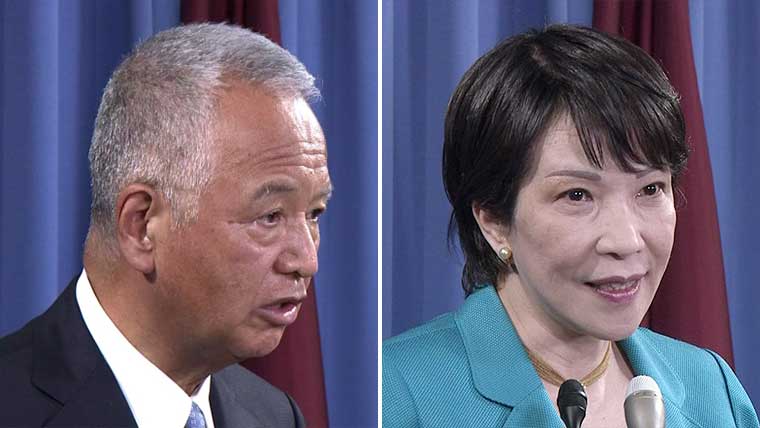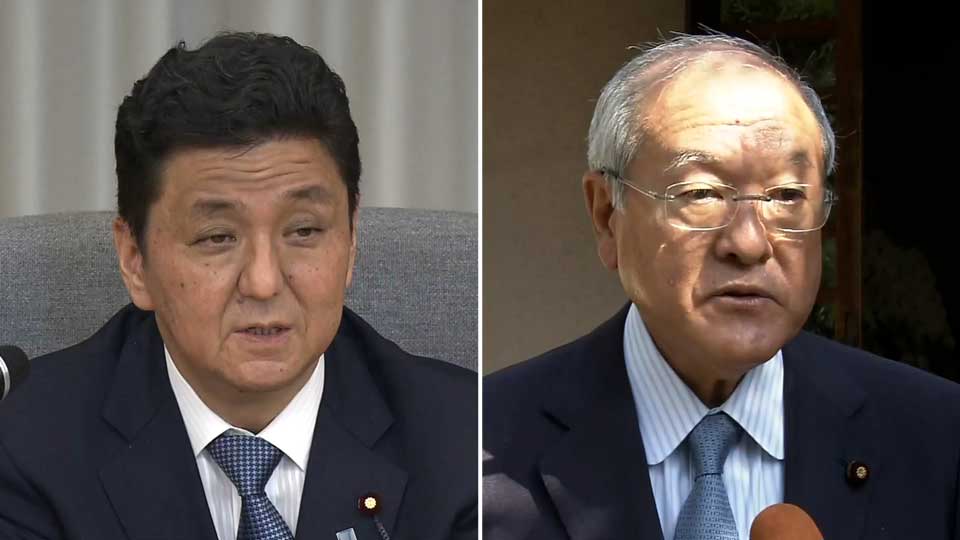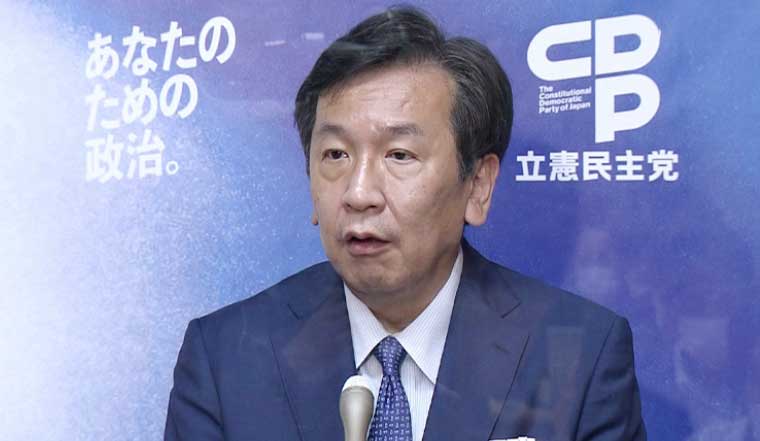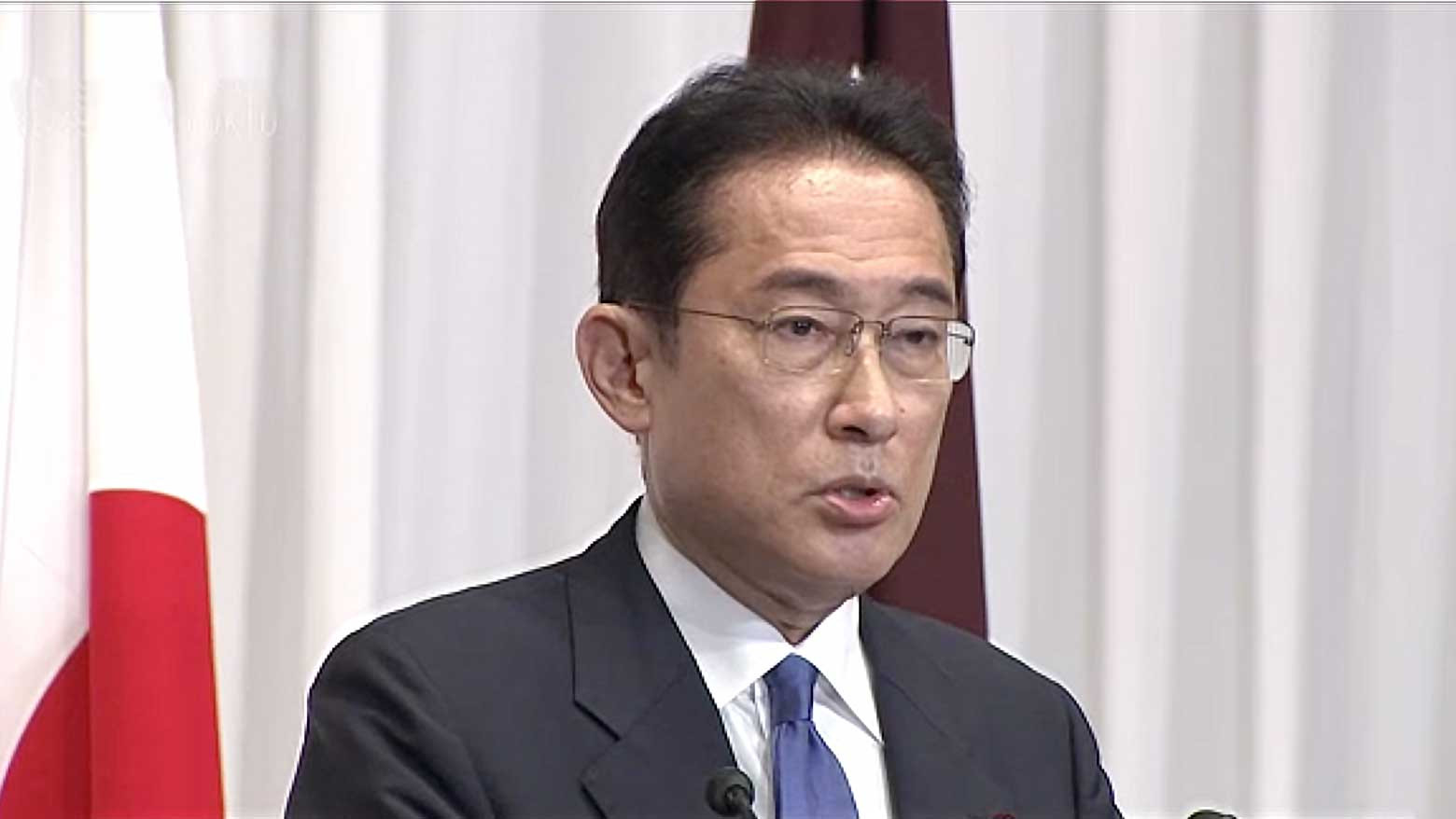"The real work starts now," Kishida said before he was officially inaugurated on Monday. "I plan to face the challenge with a strong will and determination."
Kishida has said he will focus on repairing a medical system and economy that's been devastated by the pandemic. He also vows to protect Japanese business interests, while raising the country's international profile.
His Cabinet choices indicate that he is eager to create a new image for the ruling Liberal Democratic Party. Of his 20 selections, thirteen are rookie Cabinet members. Three have three terms of experience as lawmakers, which is usually considered too inexperienced to be given a ministerial portfolio.
But his other selections reflect the enduring influence of LDP heavyweights, particularly former prime ministers Abe Shinzo and Aso Taro.

Kishida's choice for LDP secretary general, Amari Akira, is a 12-term lawmaker closely associated with both Abe and Aso. And his selection for chairperson of the LDP's policy research council, Takaichi Sanae, is an Abe favorite.
Other key posts went to Abe's brother, Kishi Nobuo, who was tapped for a second stint as Defense Minister, and Aso's brother-in-law, Suzuki Shunichi, who was appointed Finance Minister. Kishida also named Aso himself as LDP Vice-President.

The extent of Abe's influence is evident in the selection of Matsuno Hirokazu as Chief Cabinet Secretary. The post is usually given to someone from the same party faction as the Prime Minister; Matsuno is a senior member of the faction which Abe belongs to.
On Monday, during his first news conference as Prime Minister, Kishida announced his plans to dissolve the Lower House next Thursday and hold an election on October 31.
Some analysts say the decision took into account the upcoming political schedule, which includes the start of work to compile a draft budget for the next fiscal year.
But party insiders say the timing of the election is based on cold political calculus, with Kishida wanting to take advantage of any honeymoon period his administration may enjoy.
That's a view shared by Edano Yukio, the leader of the main opposition Constitutional Democratic Party, who said the election was coming too soon.

"Unfortunately, the cover has changed but the book remains the same," Edano said. "Japan will head to an election before the incoming ministers even state their policies. People will not have any criteria to determine how they should make their choice."
The election might be too soon even for Kishida, who will have been in office for just one month by the time voters head to the ballot boxes. This may not be enough time for the new prime minister and his Cabinet to prove they can lead Japan in a new direction.

